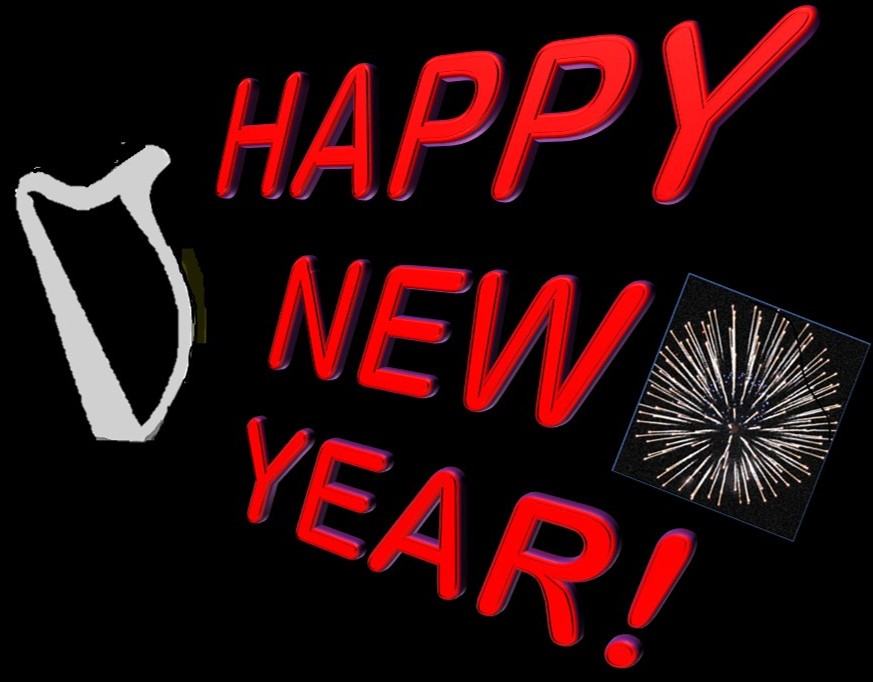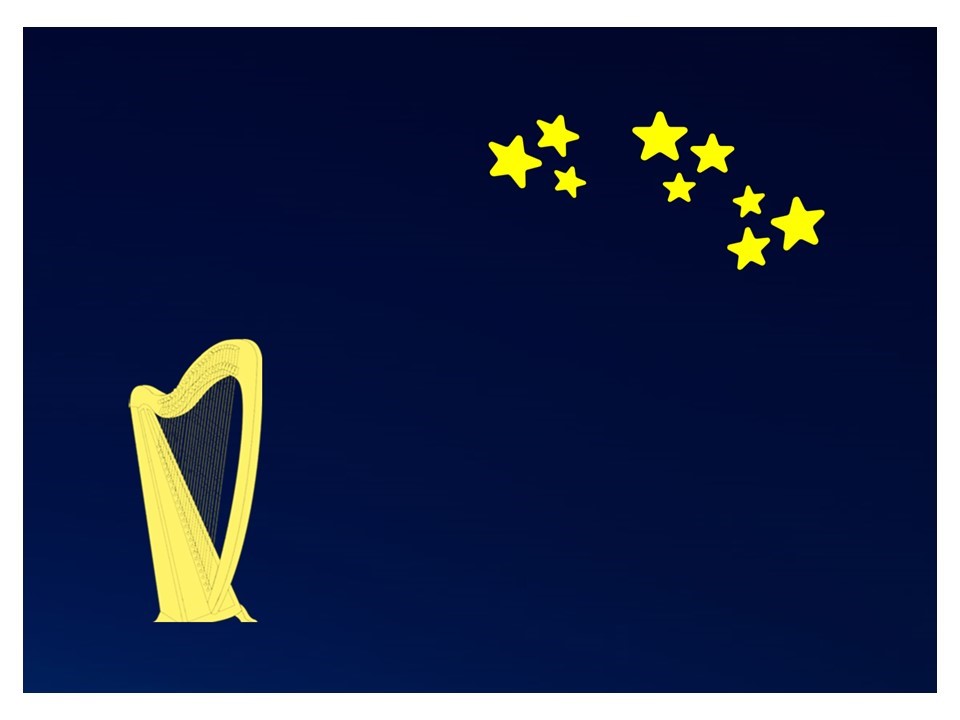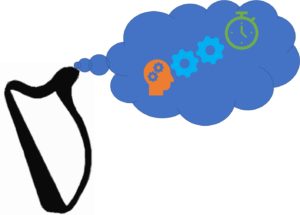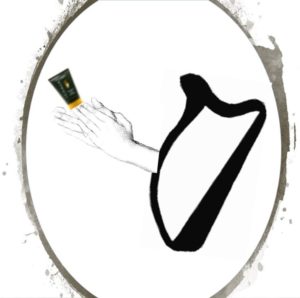Wishing you all the best in 2018!
Blog
-
The Holidays are fast approaching – got your shopping done?!
The holidays are zorching up fast! The shopping game is in full swing. Do you need to get any last-minute gifts? Or do you want to buy yourself something to be sure you get at least one gift that fits you perfectly?
Look no further! Gift certificates are here and available in convenient sizes! Here are just a few of the things available as a gift certificate:
- Lessons Want to pick up a package or regular lessons? Buy ten lessons, get one lesson free
- Coaching Want to have a coaching session or a tune up but don’t want to commit to regular lessons? Pick up a Coaching Gift Certificate for a single coaching session or more if you’re preparing for a specific event.
- Weddings Book a wedding within calendar 2018 and save 10% off the total price.
- Tours and trips Book on the Harp in the Highlands and Islands tour before 31 December and save!
- Workshops Schedule a workshop in 2018 and see a savings.
Always the right size and color – contact me for pricing and to get your e-certificate. You can email your gift (if you really have waited until the last minute!) or you can print them gift package!
-
The Nights are Long
As the year draws to a close, the nights are long. We have time to reflect (ok, we make time to reflect since the nights are so long!).
I hope you have had a full and fulfilling harp year. My wish for you remains primarily that you enjoy making music, that you have learned and shared and grown and loved the time at your harp.
I hope you are both pleased with your progress and that you hunger for more.
I hope as you look back over the year you see your continued development and that you have begun to form new goals. And I hope you have flourished and stabilized and that you are becoming the musician you want to be.
I hope you are happy with yourself and with your journey and with your music.
Reflect, and enjoy what you see!
-
Storytelling
The last bit of self care for November is injecting more of yourself into your music.
Like a lot of music, holiday music tells stories. And like other music, it can get trite pretty quickly, especially since you get to play it repeatedly but only for a few weeks.
One of the easiest ways to infuse life into the music (to alleviate boredom) is to become a storyteller with the tunes. Think about the words (what could be easier – they’re all right there to read!) –
- What is the mood?
- Where does the story go?
- Who is in the story?
- What is the action?
Decide the story you want to tell – and use the music to share that story with your listeners. You have all sorts of tools to tell your story – tempo, dynamics, techniques (p.d.l.t, harmonics, damping, ornamentation, arpeggiated chords, etc.).
Modify your arrangement so that you and your story come shining through. And each time through, the tune can be a different chapter of the story.
Stuck? Not sure how to start? Try this: Play Twinkle Twinkle Little Star. Now play it angrily. Now play it playfully. How about impishly? What about as a march? Now as a great tragedy. Finish it as a lullaby or as Wagnerianly as possible.
Make yourself laugh…or cry… or feel pain! Relax and enjoy the story!
-
Practice Practice Practice (your self care)
It is all well and good to work on self care – you can get a (single) manicure or journal your practice once, but it is consistent practice of a self care routine that will bring you the most benefit. So, yes, you must P-R-A-C-T-I-C-E your self care! (stop – I see you thinking, “Oh great, something else she wants me to practice!”)
But self care that is only as frequent as a treat or something you only get when you occasionally remember isn’t self care at all. So you will need to practice getting your self care into your schedule – and keeping it on the calendar. That way you will not only develop the habit but will likely come to look forward to the time you will spend.
You already know how to get something onto your calendar. And you already know that you are more likely to honor an event, especially with yourself, if you actually place it on your calendar. So, get out your pen and get marking. Select self care events that you can actually accomplish repeatedly. Going to polish your nails? Choose a day of the week to do it and schedule the 20 minutes it will take. That way you are consistent and get it done. Putting moisturizing lotion on the backs of your hands every day? Write a reminder on your mirror (use dry erase marker!) so that you see it every day and you begin to build the habit.
As the time passes you’ll notice that choosing small self care events allows you to complete them without much angst and practicing that will build a habit that you can sustain. A few of these little things will add up to a successful self care routine that fits into your everyday schedule – and that’s self care you can live with!
-
Thinking Time – Six ways to make more time
We are all busy. We are often busy telling other people that we’re too busy. We may have created a cult of business.
Of course we have plenty to do – work work, fun work, home work, house work, charitable work, good works. Oh, and practice! They all take up our time.
So that sometimes we have time for nothing more.
We don’t even have time to think.
You know what I mean – we have time to think, “Did I pull out something for dinner?” but we rarely have time to thing, “Am I on my best journey to a fulfilling life?”.
And that’s a shame. A lot of our creativity is buried in those questions. Of course, a lot of our humanity is buried in the time to think about those (and other) questions.
But having time is really an issue of priority and organization. And working with you. You have to add things like this into your life in ways that will actually work for you – not the way Marie or Brene or anyone else tells you to!
How do you get that thinking time in? You most likely will have to schedule it. Here are a couple of scheduling suggestions:
- Take a slightly longer shower. Don’t you find your best ideas come while in the shower? Buy a grease pencil so you can write them down on the tiles (and you can wash them off later!).
- There’s an app for that. Download a voice recorder app for your phone. Then you can talk to yourself – and actually remember what you said!
- Turn off the radio. If you spend a lot of time in your car, you probably have the radio on – either to hear music you like or to hear unending talking heads expelling pointless (or pointed, depending on your thinking) drivel. Turn it off and use the quiet to think. And if you have some good thoughts – you can record them on the handy-dandy voice recorder you’ve downloaded to your phone!
- Turn off the television – need I say more?
- Go for a walk. Not only will you get some fresh air, sunlight and exercise, you will have a little time to clear your head and to think.
- Get up fifteen minutes early. I know, you already don’t get enough sleep. But this will allow you to drink your coffee and have a little time to reflect.
Simply deciding to make time to think will make it easier. Do it for you.
-
Don’t Fall to Care for Yourself – Seven ways to take care of your hands
It’s well and truly autumn – the days are shorter and colder and windier and drier. Take advantage of the longer nights – November is a good month to start (or improve) your self-care habits.
To make it easy to start, begin with a painless self-care routine – skin care for your hands. Of course, since it is easy, it is also easy to overlook! Don’t do that!
In the autumn, and throughout the year, your skin takes a beating. Your skin is your largest organ and plays a central role in defending you against all the yuck in the world – take care of your skin and it will be able to do a better job of taking care of you!
Keeping your skin clean and cared for will make your autumn (and eventually the winter) go a lot easier – so start now!
- Playing in hospitals, schools, other public places? All of those places should end with a thorough hand washing. But all that hand washing will leave you with dry and unhappy skin and you will note the effects: flaky, dry, tight skin. Be sure to use a good moisturizer – a cream, lotion, paste or oil – whichever works best for you. Slather that stuff on and really work it in….
- Which means you will be giving yourself a massage – also good for your hands. Be sure to include your wrists and forearms – really work that moisturizer in and you’ll get a delightful massage for free!
- You already keep your nails short but be sure to keep them filed, not just cut. And don’t forget to moisturize your cuticles so they will make it through the cold seasons without breaking or bleeding.
- Exfoliate your hands too. This doesn’t have to be with lava pumice – there are loads of online recipes or you can just mix a little baking soda into your regular wash. Pat dry and then moisturize.
- If you get hangnails – act quickly to assure they don’t bleed, crack, and peel. Be gentle, soak it (or wash dishes first – might as well multitask!) and then cut the hanging part off (not too close!). Apply Vitamin E oil after patting dry. You can buy it in a small bottle with a roller ball which makes application neat and it locks in moisture.
- If your skin splits you can use superglue to close it. I have used this and it not only helps it heal but the layer of glue seems to protect your finger even while you’re playing.
- You can also treat yourself to a manicure – seems like a fresh coat of polish makes all of us be just a little more careful of our hands, at least for a little while!
You work your hands hard so be sure to take care of them as we prepare for winter!
-
Holiday preparation – bringing order to order
There is no need for chaos if you have been preparing for the holidays…which begin next week! Especially for us playing events for all the winter celebrations (ok, they’re almost all actually in the autumn, but who am I to fight Madison Avenue?!). So your preparation should be nearly done.
- You’ve learned new music
- You’ve repolished old tunes and recyclable music
- You haven’t dropped you regular repertoire
- You’ve stocked and checked your gig bag (and maybe given it a trial run to be sure it works for you?)
So, what’s left to do? Well, three more things:
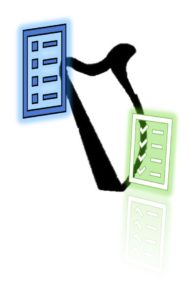
- Make a “Day of” checklist so you don’t forget anything. Put “stupid” stuff on it. Yes, put HARP on the list – at some point you will forget to put it in the car!
- Make a set list – be sure to mix up tempos, time signatures, and this time of year, mix up holiday and “regular” music – by the middle of next month your audience will be getting fatigued of “All Christmas, All the time”!
- Practice your set list. This will help you get comfortable with the transitions between tunes (yes, it can be jarring to go from 4/4 to 6/8 so practice that so you can do it smoothly). This will also help you find what is not working well. Record it to hear what the audience will experience. And revise as needed. Also practice breathing, at least between tunes and adding a little space (for both background and feature gigs – silence adds a lot to the rest of the sounds you’re making!).
With all this, you’ll be ready – Holidays will start as the last “ding-dong, Trick or Treat” fades out – be ready!
